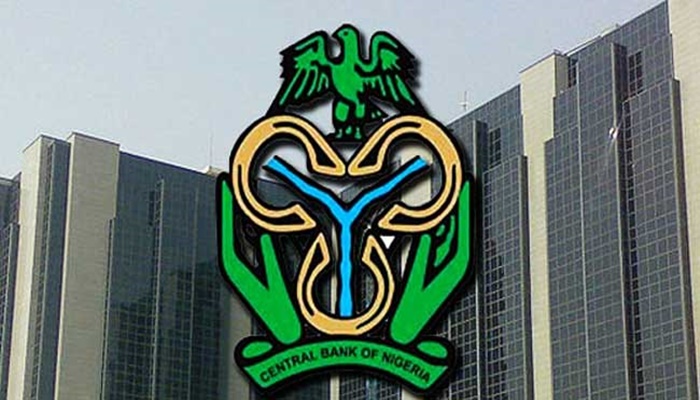
As the Central Bank of Nigeria (CBN) holds its first Monetary Policy Committee (MPC) meeting in 2019 on Monday, experts have said that the apex bank would maintain status quo.
They told the News Agency of Nigeria on Sunday in Lagos that maintaining the Monetary Policy Rate alongside other policy parameters would, however, slow down the economy.
NAN reports that the CBN had, since July 2016, held the MPR at 14 per cent alongside other monetary policy parameters.
A Senior Economist at the Olabisi Onabanjo University, Ago-Iwoye, Ogun State, Prof. Sheriffdeen Tella, said that the CBN would maintain the status quo.
Tella said that since the national elections were around the corner, politicians were expected to spend huge sums of money for campaigns which might push inflation upwards.
The expert noted that the CBN was doing all within its powers to reduce inflationary pressures on the economy.
Tella, however, said that holding the rate would slow down the wheel of the economy.
” Maintaining the rate will make the economy sluggish, especially when discussions on the budget is ongoing,” Tella said.
Also, Prof. Evans Osabouhien of the Department of Economics, Covenant University, Sango-Ota, said that the apex bank would maintain the rate.
“I don’t see the possibility of changing the rate as CBN will likely want to keep the stability,” Osabouhien said.
NAN reports that at the last MPC meeting in November 2018, the MPC of the CBN left the Monetary Policy Rate at 14% and kept all other variables unchanged.
Liquidity ratio was left at 30%, Cash Reserve Ratio (CRR) at 22.5%, and the asymmetric corridor unchanged at +200/-500 basis points.
MPR is the interest rate at which CBN lends to the commercial banks.
The MPR is the benchmark against which other lending rates in the economy are pegged and is usually used as an instrument to moderate inflation in the economy.
CRR refers to the ratio of customer deposits (i.e. your money in the bank) banks are expected to hold as cash or kept with the CBN.
Credit: NAN






